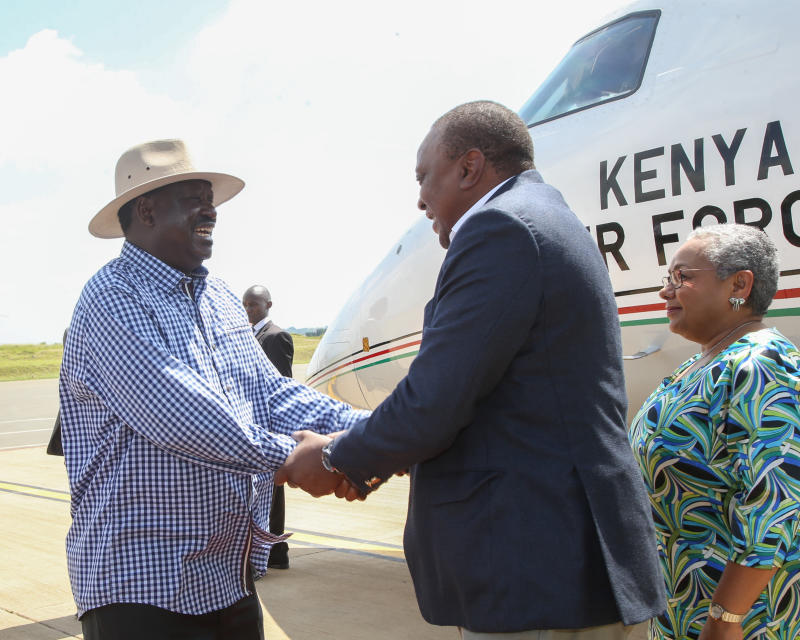
The Kenyan political landscape is so predictable nowadays. It’s looking more like a mathematical formula. Even the political and emotional violence that preceded the ‘handshake’ seems not to have been that random after all, it was part of a greater scheme of things.
It’s not just the political contestants who have benefited; lexicologists now have new political terms like ‘errand boy’, terms that were popular during the Kanu era. Remember “money has been poured to finish me,” “eating ugali”? I know a lot about Kanu because I had to become a member to get my national ID.